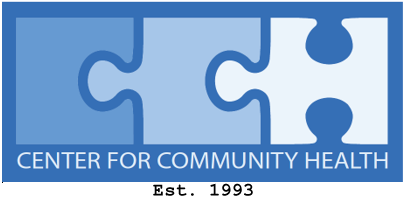Training
25-416 Generative AI Applications in Medical Education and Patient Engagement
Area of Concentration(s)
Informatics and Data Science
(https://bruinlearn.ucla.edu/courses/212893/mo
dules/1781668)
Project Information
Title: Generative AI Applications in Medical Education and Patient Engagement
Faculty Lead: Warren Scott Comulada, DrPH
Faculty Mentors: Warren Scott Comulada, DrPH
Affiliated Faculty: Yue Ming Huang, Executive Director, UCLA Simulation Center, Adjunct Professor, DGSOM
Lillian Gelberg, Professor, DGSOM and FSPH
Patricia Ganz, Distinguished Professor, DGSOM and FSPH
Alanna Sugarman
Capacity: 1-2
Brief Description
Students will contribute to an interdisciplinary research initiative exploring the use of large
language models and generative AI technologies to improve patient care. This work spans
several related projects, including the development of AI-assisted tools to help medical
trainees practice shared decision-making and difficult conversations with patients, efforts to
reduce communication bias toward stigmatized populations, and systems designed to support
patients with substance use disorders and facilitate timely linkage to care.
Medical students will work with faculty mentors on an existing generative AI project or will
develop their own project under the guidance of assigned faculty mentors. The project will: 1)
develop a AI-driven virtual simulation for clinical students to enhance clinical communication
and training; or 2) develop a AI-driven conversational agent to converse and engage with
patients.
Project placement will be determined based on availability, faculty needs, and student interest.
As part of their research project, students will learn about generative AI fundamentals and
implementation science principles that are relevant for developing generative AI healthcare
applications.
Depending on the specific project, students may contribute to tasks such as designing and
refining AI prompts, evaluating model outputs, analyzing user feedback, or developing training
scenarios for clinical simulation.
Students will collaborate closely with faculty mentors and interdisciplinary teams from both
technical and clinical backgrounds. This opportunity is ideal for students interested in medical
education, telemedicine, artificial intelligence in healthcare, health equity, and the future of
human-AI collaboration in clinical settings.
Required Preparation, Coursework/Training
Training
IRB (CITI) training, peer-reviewed articles on generative AI/large language model applications in healthcare selected closer to and throughout the program due to rapid advances in the field, hands-on training using generative AI tools (e.g., Hyperskill, no-code simulation authoring software)
